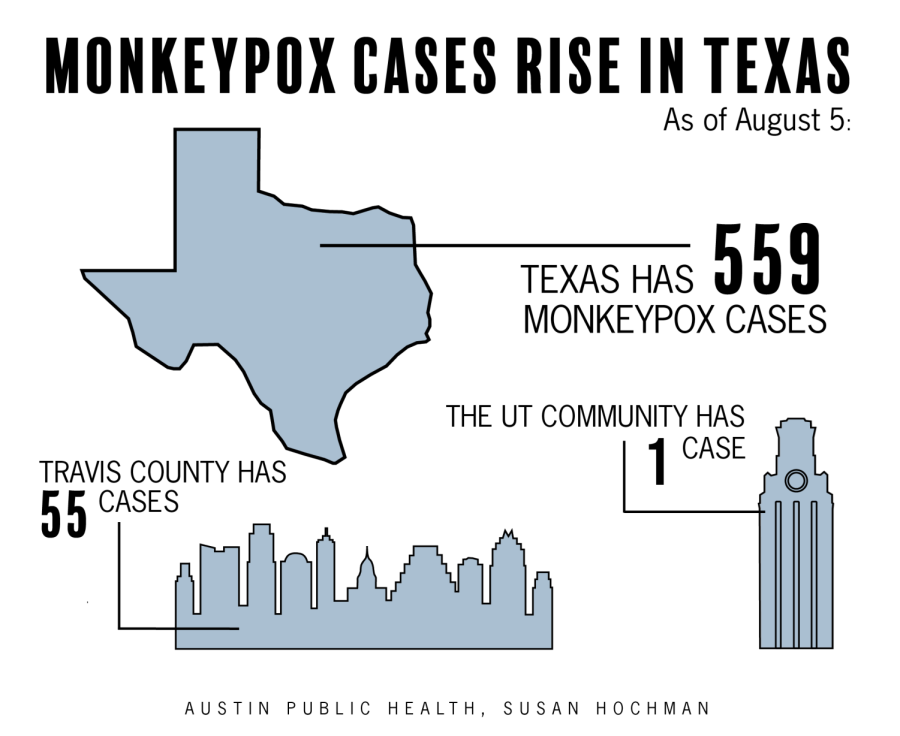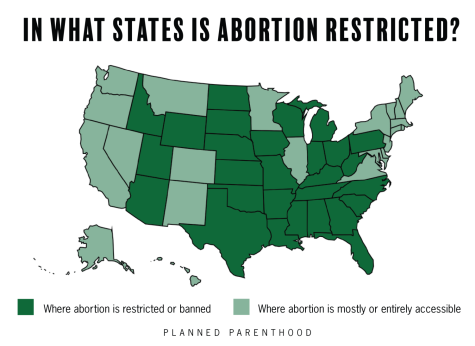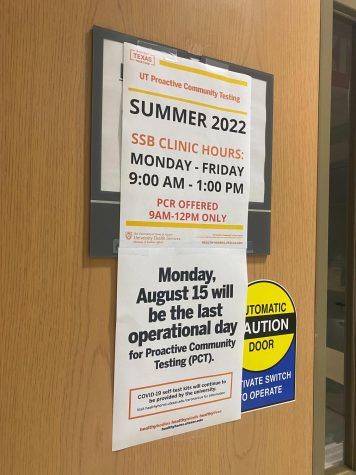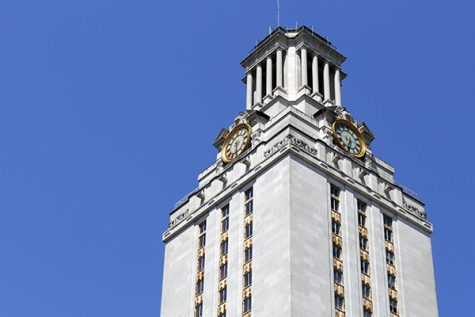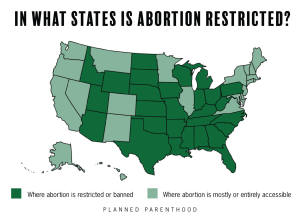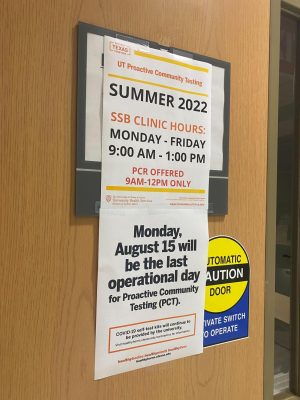Despite rise in Travis County monkeypox cases, experts say risk remains low to UT community
August 9, 2022
Editor’s note: This article first appeared in the August 9, 2022 flip book.
Despite community concern for rising monkeypox case numbers in Travis County and the return of the student body for the fall semester, University Health Services said the risk to the UT community remains low.
There are currently nine confirmed and 46 presumptive cases of monkeypox in Travis County, according to Austin Public Health. Susan Hochman, associate director for assessment, communication and health information technology at UHS, said only one of these cases has occurred within the UT community. While the risk of spread within the general community remains low, some experts said they are concerned college campuses could be at greater risk due to higher levels of contact in the community.
“The University has mitigation protocols in place for communicable disease,” Hochman said in a statement. “The risk to the broader campus community remains low, and the monkeypox virus does not spread easily without close contact.”
University spokesperson Kathleen Harrison said the University does not currently have any monkeypox-specific plans for handling isolation, but it will follow standard isolation protocol for infected students. In a message to the UT community Monday, the University encouraged students to utilize Student Emergency Services for illness documentation in the case of a medical emergency.
Kristin Mondy, chief of the Division of Infectious Diseases at Dell Medical School, said although risk levels are currently low, she has some concerns about students returning to campus in the fall.
“The two things that have people worried about college campuses, in particular, is number one, it is a community where there’s a lot of sexual activity, and number two, that there’s a lot of close quarters and group living,” Mondy said.
According to the Centers for Disease Control and Prevention, the monkeypox virus spreads through “close contact.” This includes sexual contact, but also prolonged skin-to-skin or face-to-face contact. The virus can also be spread by touching fabrics or objects that someone with monkeypox has touched.
According to the CDC, a person is contagious from the time they develop symptoms until the lesions, the most recognizable symptom of the virus, have completely healed. The CDC states several aspects of monkeypox transmission are still unclear, including whether the virus can be spread when there are no symptoms, how easily it spreads through respiratory secretions and whether it is spread through certain bodily fluids.
Mondy said exercising extra precaution as more information about the virus is learned is the best way to minimize risk.
“I would encourage people to, even if you have minimal symptoms, (get) an unusual rash checked out because that would be the key to making sure it’s nothing serious, like monkeypox,” Mondy said. “Certainly, know partners that you may be intimate with. I think just be mindful of your personal space and what’s happening around you.”
During an APH press conference Friday, Desmar Walkes, the Austin-Travis County Health Authority, said the county has 1,500 dose courses of a vaccine approved to protect against monkeypox to give to eligible individuals.
Hochman said students who were exposed to or have symptoms of monkeypox can get advice and access to testing from University Health Services by calling the 24/7 Nurse Advice Line at 512-475-6877 (NURS).

